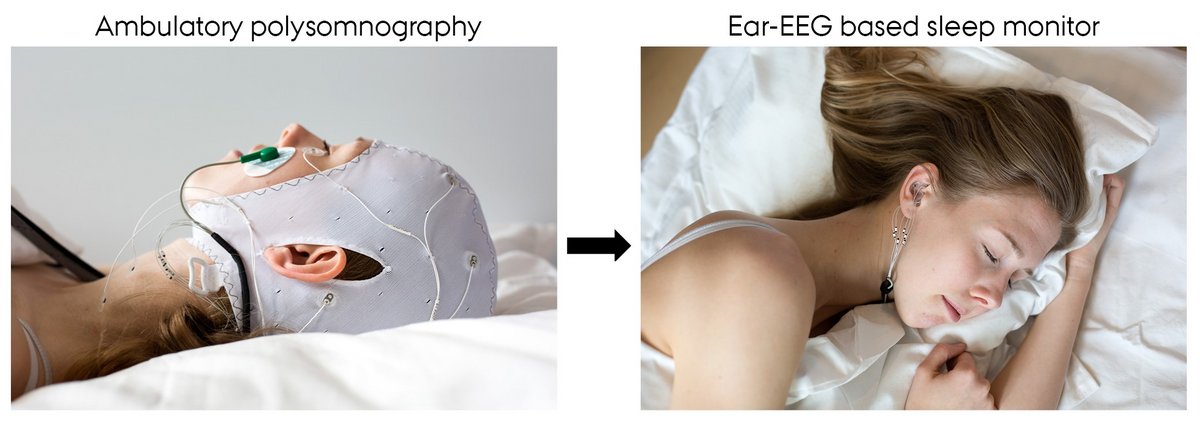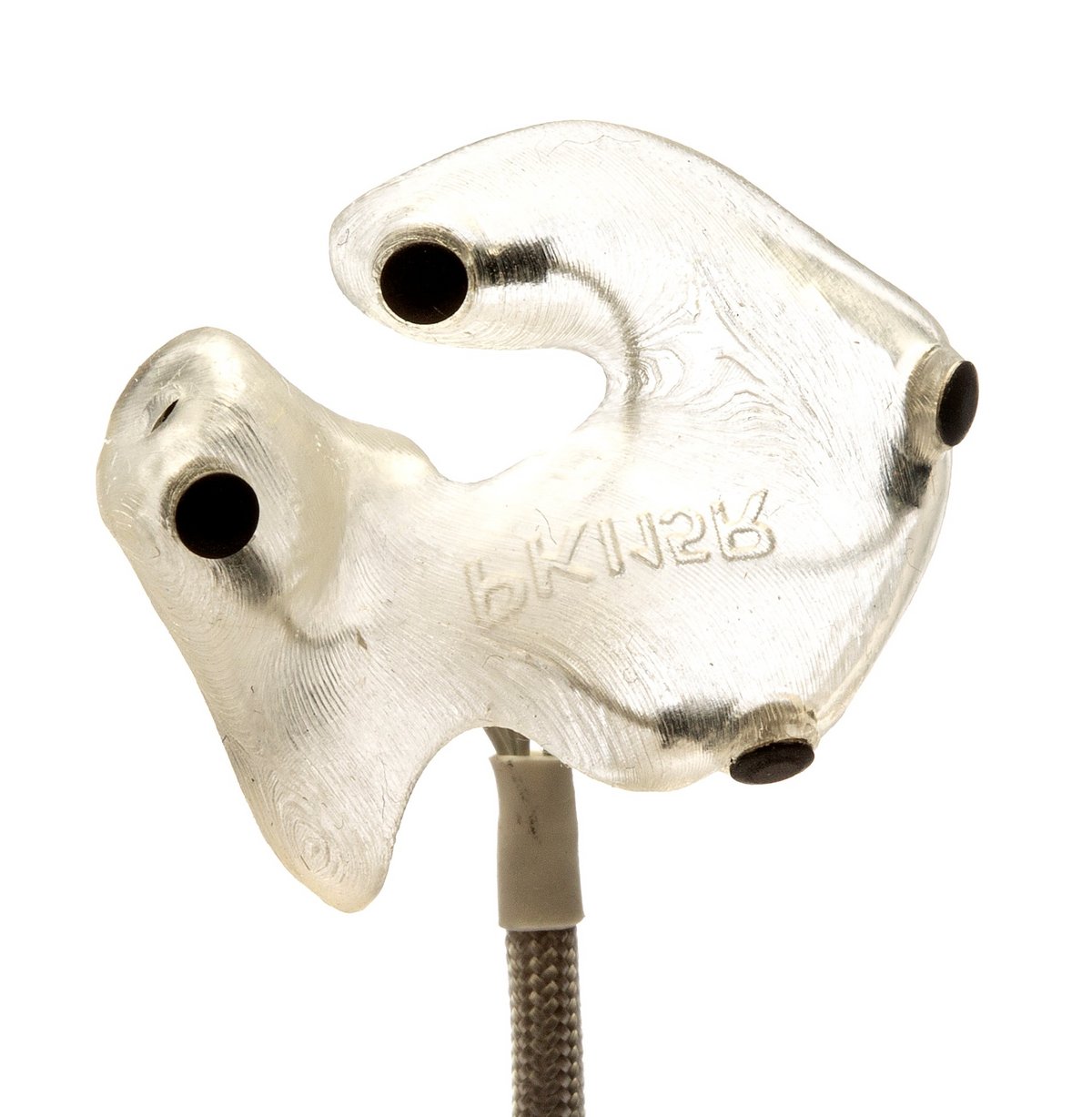Sleep and the quality of sleep has a decisive influence on general health, and sleep deprivation is known to have a negative impact on health, the overall feeling of wellbeing, and on human cognitive performance such as attention and memory. There is mounting evidence suggesting that sleep deprivation are comorbid or a causative factor in cardiovascular diseases, diabetes, obesity and in many psychiatric disorders.
Insomnia is the medical term for a category of sleep disorders, where the patient has difficulty in falling asleep or staying asleep. Insomnia can occur independently or because of other factors or diseases. Insomnia patients are diagnosed by sleep clinicians. Treatments are: guidance in lifestyle changes, behavioral therapy and medication.
There is a documented need for an improved method for measuring the quantity and quality of sleep in the patients natural environment outside the clinic. The presently preferred solution, polysomnography (PSG), has a number of socioeconomic, clinical and patient‐related disadvantages: it is an expensive solution in part because it is labor intensive; it is not feasible for long-term assessment; and it is uncomfortable and obtrusive for the user’s sleep. Thus, there is unmet need for less obtrusive long-term sleep assessment. The need can be divided into three market segments: 1) Existing: Better diagnosis of insomnia patients who would be assessed with current methods. 2) Latent: Assessment of insomnia patients who would not be assessed with current methods. 3) New: Sleep assessment in patients with other diseases associated with sleep disorders who would not be assessed with current methods. This comprises a large portion of psychiatric diseases (such as ADHD, anxiety disorders, depressions, and psychological stress), chronic pain, dementia etc.

This project will take a radical innovation step in sleep assessment by enabling unobtrusive long-term sleep assessment, and thereby create a paradigm shift in clinical sleep practice. We will provide a new method allowing objective measures of sleep quantity and quality in the patient’s everyday environment, thereby improving assessment of sleep dysfunction. Moreover, the new method will be a valuable tool in sleep rehabilitation and improve the current possibilities for follow-up and evaluation of interventions. Improved sleep rehabilitation will have a major effect on economy, by reducing direct and indirect health care cost and loss in productivity, and an immense positive impact on quality of life for patients. We will achieve this by developing a sleep monitoring device based on the unique ear-EEG technology.
The project is funded by the Innovation Foundation and UNEEG medical A/S.
